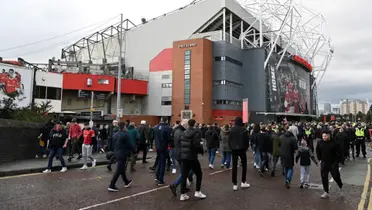The record-breaking figure that Man United would ask for the naming rights to the new stadium
The Red Devils hope to have the new stadium completed by 2032 at the latest.
By Axel Reyes

Manchester United are reportedly exploring the possibility of selling the naming rights to their new stadium, with the club seeking a landmark deal that could generate around £1 billion over a 10-year period. This ambitious move has reportedly attracted interest from several major companies, signalling the potential for a record-breaking agreement.
The decision to consider selling naming rights marks a significant shift for a club steeped in tradition. Old Trafford, the current stadium, has been synonymous with Manchester United for over a century, and any change to its name would be a momentous occasion.
Financial Motivations
The primary driver behind this exploration is financial. Manchester United, like many other top football clubs, are constantly seeking new revenue streams to compete in an increasingly competitive global market. A deal worth £1 billion would provide a substantial financial boost, enabling the club to invest in various areas, including:
- Squad Development: Funds could be used to attract and retain top talent, strengthening the team's ability to compete for major honours.
- Infrastructure Improvements: The stadium and surrounding facilities could be further modernised, enhancing the matchday experience for fans.
- Debt Reduction: A significant portion of the revenue could be used to reduce the club's debt burden, improving its financial stability.
Potential Impact on Tradition
While the financial benefits are clear, the potential sale of naming rights raises questions about tradition and identity. Old Trafford is more than just a stadium; it's a symbol of the club's history and heritage. Any change to its name would undoubtedly be met with mixed reactions from fans, some of whom may view it as a step too far in the commercialisation of football.
However, the club's hierarchy may argue that the financial gains outweigh the potential drawbacks. They may point to other major clubs that have successfully sold naming rights to their stadiums, arguing that it has not diminished their identity or support base.
Interested Parties
The reported interest from major companies underscores the immense commercial appeal of Manchester United. The club's global brand and vast fanbase make it an attractive partner for businesses seeking to enhance their visibility and reach a large audience.
While the specific companies involved have not been disclosed, it's likely that they represent a range of sectors, including technology, finance, and consumer goods. Any deal would likely involve a long-term commitment and a significant investment from the chosen partner.
The Future of Old Trafford
If Manchester United proceed with the sale of naming rights, the new stadium would take on a new identity. While the club's history and heritage would undoubtedly be preserved, the stadium's name would reflect the identity of the corporate partner.
The transition would require careful management to ensure that fans are kept informed and that the club's values are upheld. The ultimate goal would be to strike a balance between commercial success and preserving the club's unique identity.
A Landmark Deal
A naming rights deal worth £1 billion would be unprecedented in the world of football. It would surpass any previous agreement and set a new benchmark for stadium sponsorships.
Such a deal would not only transform Manchester United's finances but also have a ripple effect on the wider football industry. It could encourage other clubs to explore similar opportunities, further blurring the lines between sport and commerce.
More news

The Numbers Don't Lie: Casemiro's Dominance Returns
31/03/2025

United's Dream Pairing: The Duo Fans Are Eager to See
31/03/2025
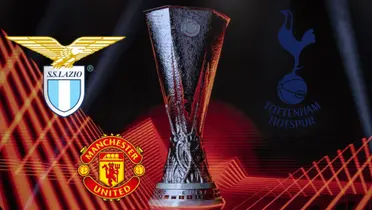
Europa League Favorite Revealed: And It's Not Man United
31/03/2025
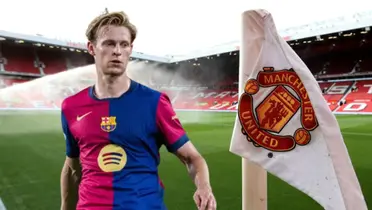
Man United's Multi-Million Bid for De Jong
31/03/2025
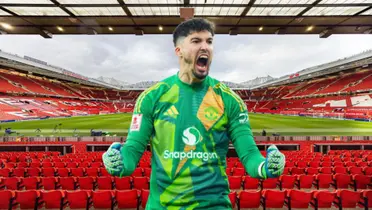
Bayindir's Future at United: What Are the Plans?
31/03/2025
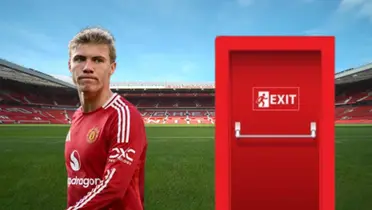
Hojlund's Fate: Will He Stay or Leave Man United?
31/03/2025

AI Predicts United's Fate: Europa League Clash With Lyon
31/03/2025
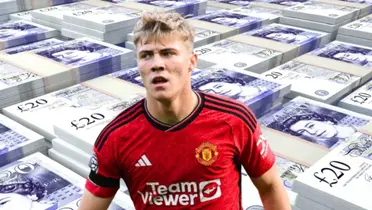
Højlund's Plummeting Value: A Cause for Concern at Man United
31/03/2025

Giggs' Misjudgement: Depay's Free-Kick Hopes Fall Flat
31/03/2025
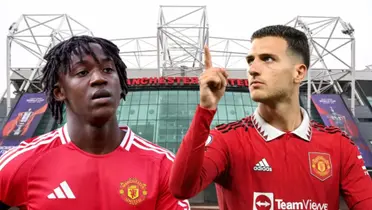
Man United's Summer Clearout: Players on the Chopping Block
31/03/2025

Financial Divide: Man United's Value Dwarfs Olympique Lyon's Squad Cost
30/03/2025
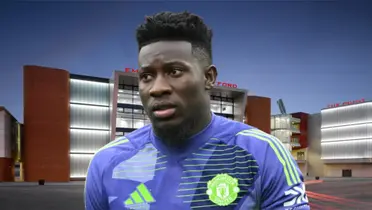
Onana Exit Rumors Swirl: How the Goalkeeper Is Responding
30/03/2025
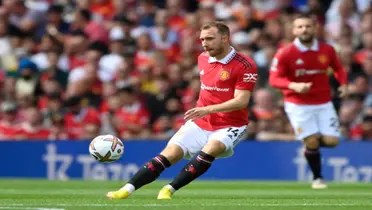
Eriksen breaks the silence about the rumors of not renewing
30/03/2025

World-Class Player Available: Romano Reveals Transfer Bombshell
30/03/2025

Ugarte's Premier League Insight: Key Differences From Ligue 1 Revealed
30/03/2025

Garnacho Outshines Salah and Haaland: A Stunning Statistical Triumph
29/03/2025
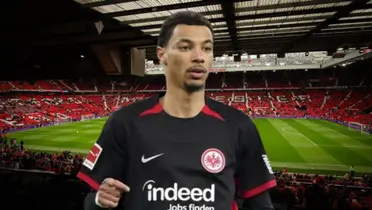
Ekitike's Staggering Stats: Why Man United Are Keen
29/03/2025
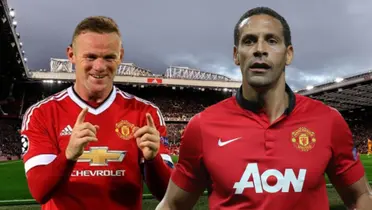
Beyond Legends: The United Player Who Rewrote Investment History
29/03/2025
